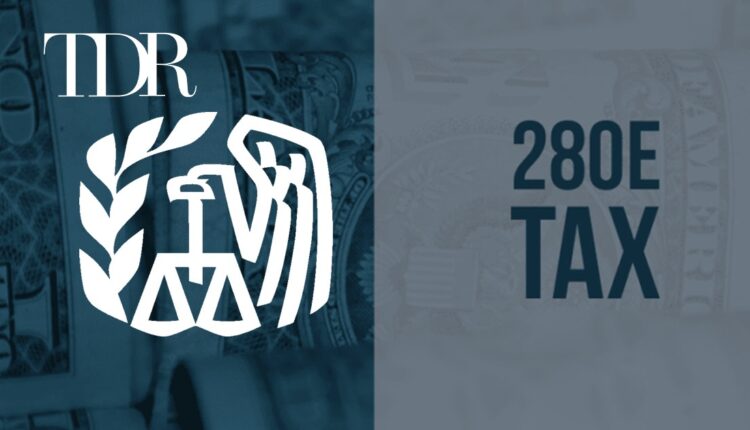
IRS Maintains Schedule I Status for Cannabis Businesses
The TDR Four Key Takeaways regarding IRS and Schedule I Status for Cannabis Businesses:
- What happened: The IRS confirmed that marijuana remains a Schedule I controlled substance and that Internal Revenue Code Section 280E still applies.
- History: On June 28, 2024, the IRS reiterated that the law regarding marijuana’s classification has not changed despite some businesses filing for tax refunds under Section 280E.
- Why it matters: Businesses selling marijuana cannot claim deductions or credits for expenses incurred due to the illegal status of marijuana under federal law.
- What is next: The Justice Department is considering rescheduling marijuana, but until a final rule is published.
The Internal Revenue Service (IRS) confirmed that marijuana remains classified as a Schedule I controlled substance, maintaining the current tax regulations under Section 280E for cannabis businesses. This classification prevents these businesses from claiming federal tax deductions, a restriction that will persist until federal law changes. Despite recent movements towards cannabis rescheduling, the IRS’s stance remains firm on this matter.
The IRS last week reiterated that marijuana’s classification under the Controlled Substances Act (CSA) has not changed, reaffirming the implications of Section 280E. This confirmation is significant for cannabis businesses, which remain unable to claim typical federal tax deductions. The IRS stated, “Until a final federal rule is published, the Internal Revenue Service today reminded taxpayers that marijuana remains a Schedule I controlled substance and is subject to the limitations of Internal Revenue Code Section 280E.”
On June 28, 2024, the IRS underscored that the legal status of marijuana is unchanged, despite some businesses attempting to file for tax refunds under Section 280E. The IRS emphasized, “The law with respect to the schedule or classification of marijuana has not changed. Taxpayers seeking a refund of taxes paid related to Internal Revenue Code Section 280E by filing amended returns are not entitled to a refund or payment.” This clear stance reaffirms that businesses selling marijuana, even in states where it is legalized, cannot claim deductions or credits for expenses due to the federal illegal status of marijuana.
Section 280E of the Internal Revenue Code disallows all deductions or credits for any amount paid or incurred in carrying on any trade or business that consists of illegally trafficking in a Schedule I or II controlled substance. As the IRS detailed, “Section 280E disallows all deductions or credits for any amount paid or incurred in carrying on any trade or business that consists of illegally trafficking in a Schedule I or II controlled substance within the meaning of the federal Controlled Substances Act.”
This provision significantly impacts cannabis businesses, which are forced to operate under a unique financial strain. These businesses can only reduce their gross receipts by the properly calculated cost of goods sold to determine their gross income. The IRS specified, “This applies to businesses that sell marijuana, even if they operate in states that have legalized the sale of marijuana. Section 280E does not, however, prohibit a participant in the marijuana industry from reducing its gross receipts by its properly calculated cost of goods sold to determine its gross income.”
The Justice Department is currently considering rescheduling marijuana, which could shift its classification from a Schedule I to a Schedule III controlled substance. This change could potentially alleviate some of the tax burdens imposed by Section 280E. However, until such a final rule is published, the current tax restrictions remain in place. The IRS’s recent statements highlight the importance of understanding and complying with existing federal tax laws until any official changes are enacted.



